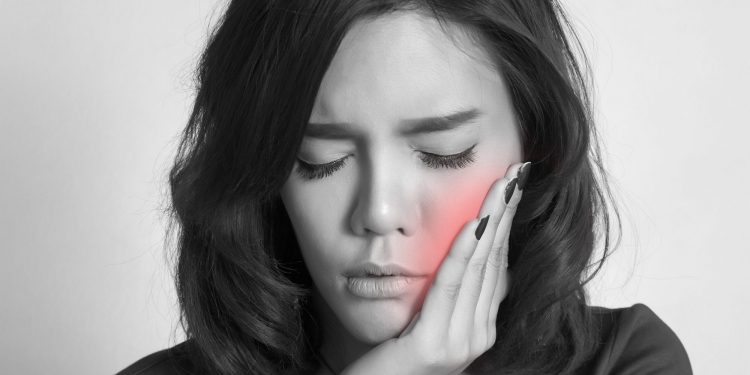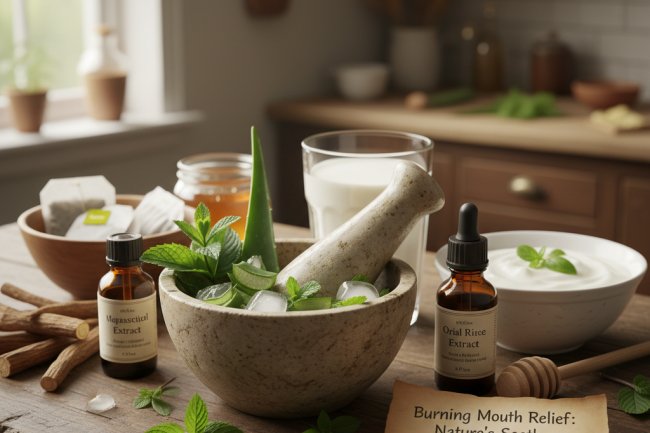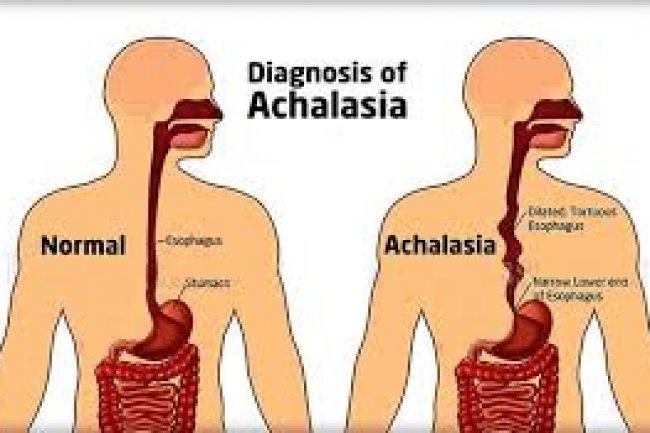3 Common Dental Problems and How to Avoid Them

Toothaches are one of the most irritating experiences, no matter the severity. The pain and discomfort in the mouth can impede the quality of life, not to mention the embarrassment that can come from problems such as bad breath and cavities.
Nevertheless, you can fight off many dental issues with small changes to your practices, and to help you keep your teeth in top shape at all times, we gathered 3 common dental problems that you could suffer from with a guide on how to treat and prevent them.
1 – Cavities
Almost everyone has suffered from cavities - also called tooth decay - at one point in their lives, making it one of the most common teeth problems.
- Causes
A cavity happens when bacteria congregate over the tooth, forming a plaque that produces acids from sugar, melting the tooth enamel and creating permanent holes in its structure.
Poor oral hygiene, as well as excessive consumption of sugary foods and drinks, can cause cavities.
- Prevention
But don’t worry! There are many ways you can prevent cavities from happening to your teeth.
First and foremost, you must brush your teeth thoroughly and gently, but avoid being excessively aggressive so that you don’t cause other problems.
You should also cut down on sugar. If you tend to ingest a lot of sugar throughout the day, you are more likely to suffer from cavities.
It is also a great idea to discuss preventive measures such as sealants with your dentist; a sealant covers the chewing surface of your molars, preventing cavities from occurring and protecting your tooth’s structure.
- Treatment
Treatments for this issue depend on the severity, ranging from fluoride applications to fillings and root canals. But if the case is too severe, the only solution may be to extract the entire tooth; in that case, you can replace the tooth through implants at a dental implant clinic in Dubai.
2 – Bad Breath
Bad breath, or as dentists and mouthwash commercials refer to it, halitosis, is an embarrassing occurrence that most of us have experienced for one reason or the other.
However, it’s one thing to have your breath smelling like garlic after Thanksgiving dinner and another when you are constantly aware of the unpleasant smell coming from your mouth.
- Causes
The No.1 reason for chronic bad breath is poor oral hygiene. Nevertheless, it can be caused by many other conditions, including acid reflux, taking certain medications, an infection in the upper digestive tract, or simply not drinking enough water and having a dry mouth which is most common among the elderly.
- Prevention
It is important to brush your teeth thoroughly, but don’t forget to clean your tongue too. It contains colonies of germs that cause bad breath as well, and most people tend to ignore this essential step in maintaining proper oral hygiene.
- Treatment
However, if you know that you take good care of your dental cleanliness but still suffer from bad breath, you should inform your dentist about the situation to get to the root of the issue and take it out.
More info: Bad Breath – Problems To Health
3 – Tooth Sensitivity
Also known as dentin hypersensitivity, it’s a very common dental problem. It tends to affect people’s quality of life because they feel that whatever they eat or drink will cause immense pain and discomfort.
- Causes
In general, sensitivity is caused by the exposure of inner tooth layers due to a worn-down enamel, which intensifies feelings in teeth.
Behaviors such as aggressively brushing your teeth or grinding your jaws could also cause your teeth’s enamel to wear down quicker.
Although it may be chronic or temporary, tooth sensitivity is usually linked with certain triggers, including temperature changes, especially when cold air touches the tooth, or eating or drinking something hot or cold or acidic or sweet; it may also be triggered by flossing or brushing.
- Prevention
There are ways you can protect yourself from dentin hypersensitivity, such as changing your bruising technique if you tend to brush harshly.
If you know that you suffer from bruxism, also known as teeth grinding, it is a good idea to suggest getting a mouthguard to your dentist; it will protect your enamel from wearing down due to the constant pressure and friction during sleep.
- Treatment
Off-the-counter products help a lot with sensitive teeth, including desensitizing toothpaste and mouthwash.
Also, using a mouthguard during sleep will help hinder the effects of teeth grinding on your teeth. In fact, even invisible braces can be used as night guards; you can get invisible braces in Dubai that will help you fix any alignment issues while also protecting your teeth from bruxism.
Still, you should always discuss the matter with your dentist first to see if there are better solutions for you.
By: Dubai Ent
What's Your Reaction?
















